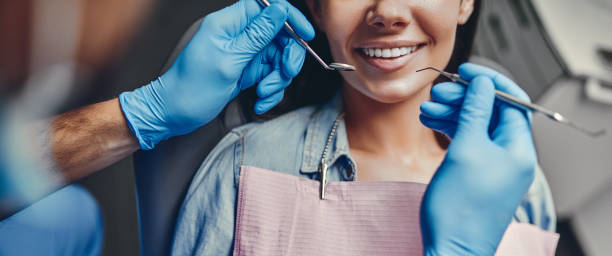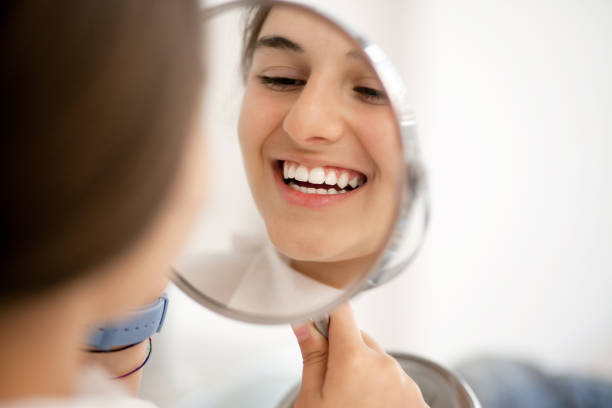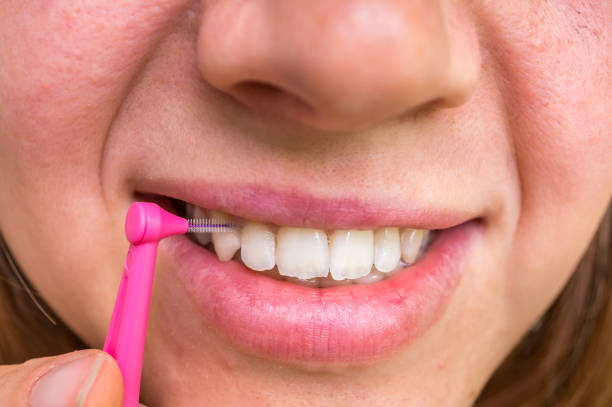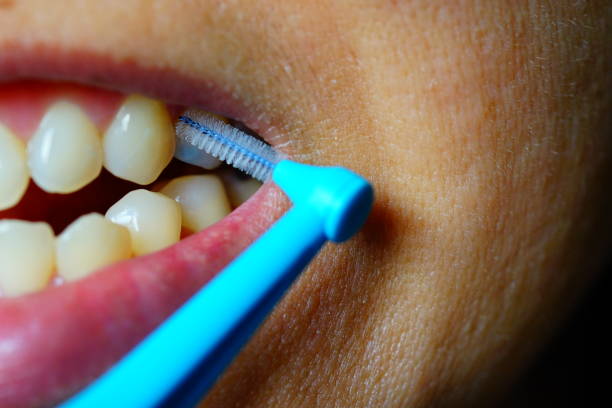Supplementary dental insurance is a great help, especially if you have children. The little ones often have problems with their teeth and may even need braces.
The purchase is associated with high costs, between 2,000 and 7,000 euros are calculated here. A large sum that not every family can afford.
Dental insurance benefits
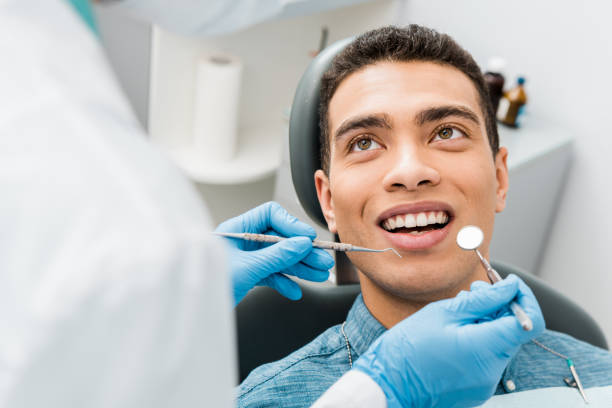
If you have taken out additional dental insurance, this can cover up to 80% of the price, which is an enormous relief for the household budget. However, this only applies up to the age of 18, all subsequent treatments cost more, but it still makes sense to have such insurance. Around 20-30 percent of the costs for treatments for the whole family are covered.
In addition to the supplementary dental insurance, there are of course health insurance contributions. If you are legally insured, this contributes to the costs. This means that despite a certain age, at best you get 95% reimbursed, so you only have to pay 5% of the original costs yourself. Since there are many different providers and therefore different tariffs, you should first make a price-performance comparison.
How expensive is dental insurance?
Of course, a family must also pay attention to the additional costs, no matter how useful such insurance is, if there is never anything very expensive with your teeth, you pay an unnecessarily large amount of money for it. The tariff, i.e. the monthly contributions, depends on the selected offer and the age of entry of the insured person. Previous health damage, such as missing teeth or teeth that have not been replaced, also plays an important role in how high the contributions are in the end.
It’s worth signing up early
A little tip: the premiums are often lower if you take out insurance early. This means that if a child under the age of 18 takes out such insurance, they usually only have to pay 1-3 euros a month. For an average adult, this amounts to about 10 euros per month.
For workers and employees
If these are below a certain compulsory insurance limit of the gross salary, which is around 48,600 euros per year, the statutory health insurance company must pay the contributions. However, if you are insured with a private health insurance company, you can put together your individual insurance package when you take out the insurance and add this service if required. Almost everything can be insured here, whether simple basic care or the assumption of expensive treatments. On the other hand, statutory health insurance follows its prescribed service catalog. As a rule, this is the simplest way to protect and restore health, i.e. your teeth.
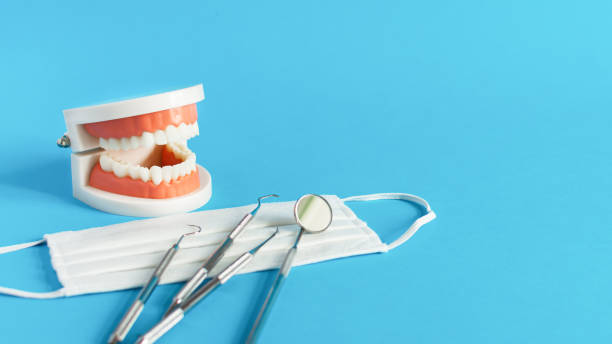
Children are especially important
supplementary dental insurance makes a lot of sense in almost every case. The low contributions and high power offer optimal protection of the teeth. Children in particular often have to use these for braces or the like, here the costs are reduced to a minimum rate and thus do not tear a hole in the household budget.

